device
Latest
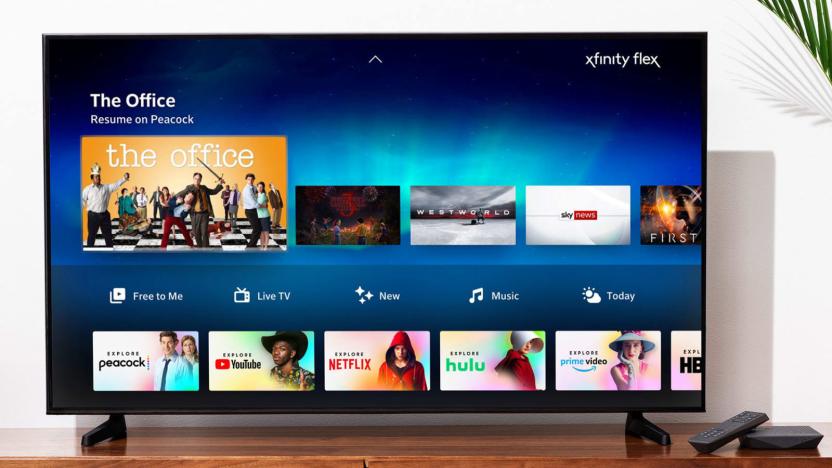
Xfinity internet-only customers now get the Flex streaming platform for free
As of today, Comcast will provide its internet-only customers with its streaming TV service Xfinity Flex at no additional cost. Xfinity Flex, which is essentially a streaming device and platform, launched in March and originally cost $5 per month. Now, Comcast is waiving the fee, and all internet-only customers will have access to the 10,000 free movies and TV shows that Xfinity Flex offers.
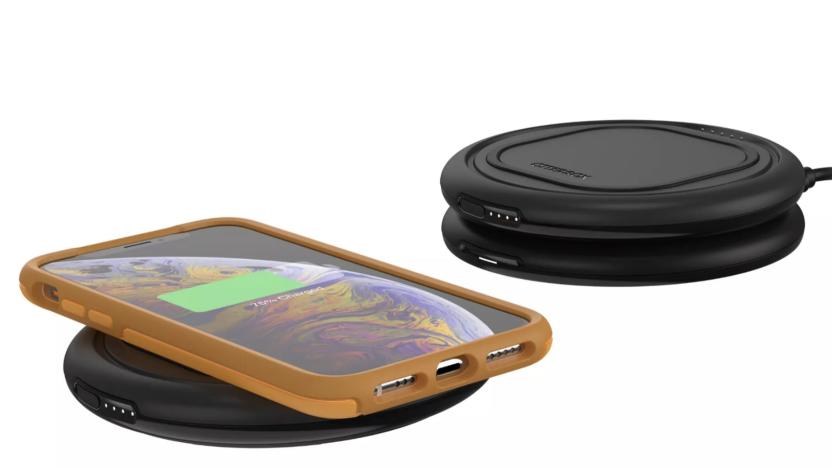
OtterBox reveals a portable and stackable wireless charging system
OtterBox has a solution to limited battery life. Today, the company revealed OtterSpot, its Qi wireless charging power bank, and stackable batteries. The OtterSpot Charging Base looks a bit like a thin hockey puck. It's designed to be stackable, meaning you can pile up to three puck-like OtterBox Wireless Charging Batteries and a device on top of it and charge all of them simultaneously. Each battery can then power any Qi-enabled device and support wired charging via a USB-C port. The battery packs come with 5,000 mAh of capacity and up to 10-watt wireless charging speeds.
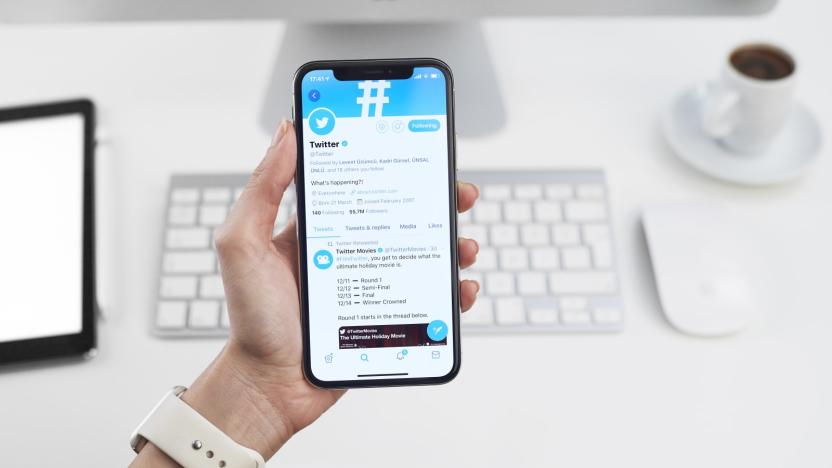
Twitter may have shared your data without permission
Yesterday, Twitter came clean about a data mishap. According to the company, it may have shared data it didn't have permission to with advertisers. It may have also made assumptions about what device you use, again without permission.
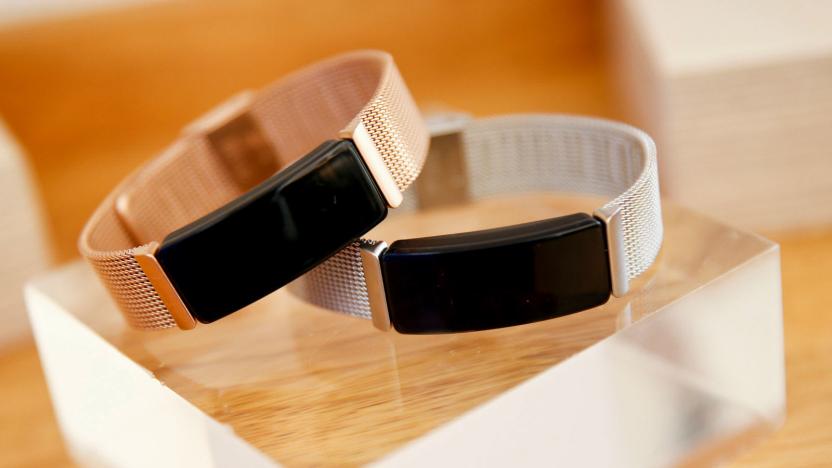
A Bluetooth vulnerability could give hackers your location
Your Fitbit and other Bluetooth gadgets could be giving away your location data. Researchers from Boston University (BU) detected a vulnerability in several high-profile Bluetooth devices that could allow third-parties to determine your location and other sensitive information. In the wrong hands, that information could be used for stalking or abuse. That's especially concerning given that basically everyone is carrying around a Bluetooth device.

iOS 13 beta mentions Apple’s Tile-like tracking device
It appears Apple left one item out of its Worldwide Developers Conference (WWDC) yesterday: its Tile-like tracking device. Earlier this spring, we learned that Apple is supposedly working on a tracking tag, but the company didn't mention it amidst news of its updated operating systems, Mac Pro and HomeKit security improvements. However, in the iOS 13 beta, developers spotted an asset package for a device with the product type "Tag1,1." As 9to5Mac reports, that type of asset package is used for pairing devices by proximity -- like AirPods and HomePod. It's more evidence to support rumors that Apple is working on a tracking device.
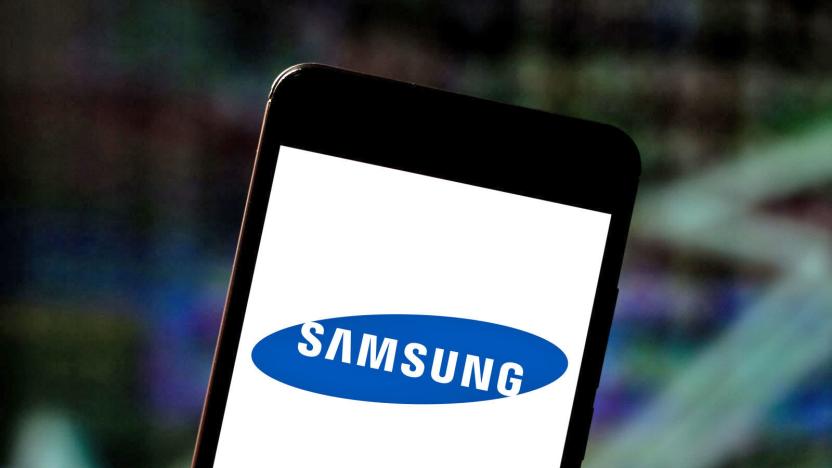
Samsung chips promise secure 100W USB-C fast charging
Samsung released two new USB Type-C power delivery (PD) controller chips for power adapters, SE8A and MM101. The chips included built-in security safeguards and are able to communicate with devices that meet USB-PD 3.0 specifications to deliver the optimum power for each device. With up to 100W-charging, they support fast charging on power-hungry products like laptops and tablets, too.
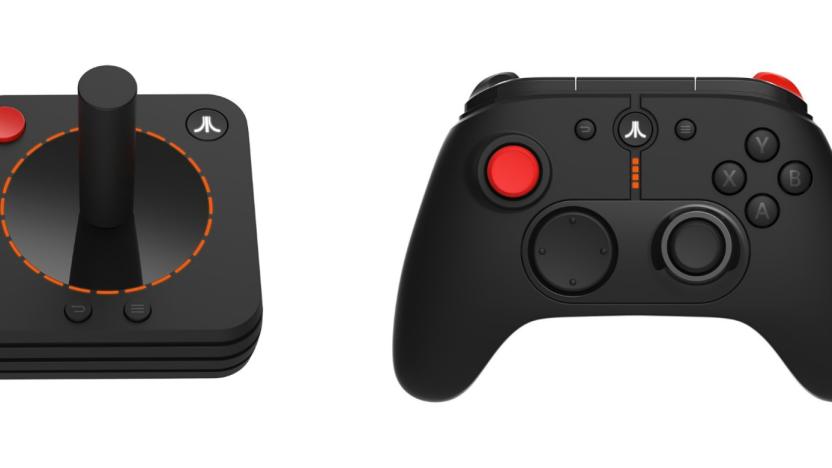
Atari shows off joystick and controller for its retro VCS console
When the Atari VCS team decided to remake the retro console, it knew the controllers would be just as important as the box itself. After all, there's no gaming accessory quite as iconic as the Atari CX40 joystick. Earlier this spring, we got a glimpse of what the VCS will look like, and now, the company has revealed more details about the Atari VCS Classic Joystick and Modern Controller. Both are a carefully crafted mix of essential features, both old and new, the company said in a blog post.
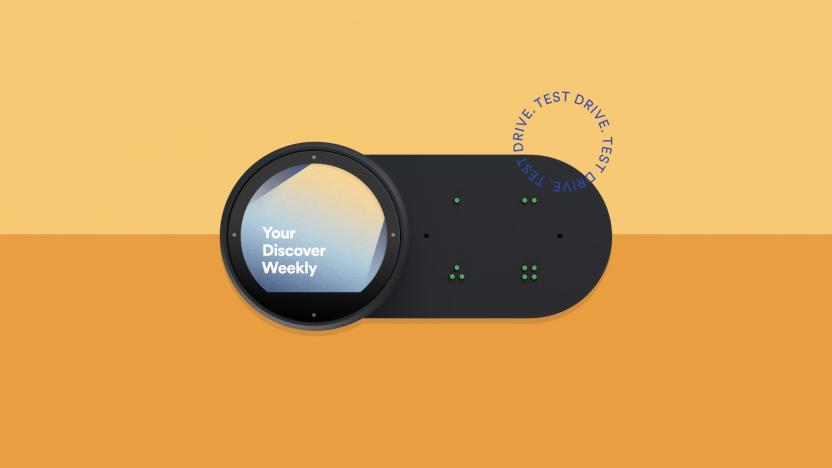
Spotify's first hardware is a voice-controlled device for your car
Spotify will begin testing its first hardware device today. Dubbed "Car Thing," it's a voice-controlled music and podcast assistant that reportedly plugs into a car's 12-volt outlet and connects to both the car and the user's phone via Bluetooth. The select group of Premium users who will test Car Thing will be able make requests by saying "Hey, Spotify." And the device will tap into the user's Spotify account for easy access to playlists.
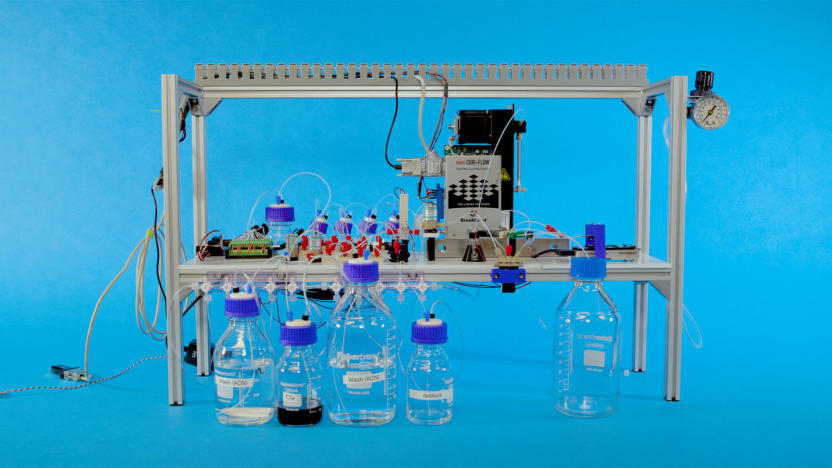
Microsoft device stores digital info as DNA
Microsoft is on its way to replacing data centers with DNA. The company and researchers from the University of Washington have successfully automated the process to translate digital information into DNA and back to bits. They now have the first, full end-to-end automated DNA storage device. And while there's room for improvement, Microsoft hopes this proof-of-concept will advance DNA storage technology.

Self-charging pacemakers are powered by patients' heartbeats
Millions of people around the world depend on pacemakers, defibrillators and other life-saving implantable devices. The problem is, their batteries need to be replaced every five to ten years, requiring surgery that's not only expensive, but carries the risk of complications and infections. Now, though, a team of scientists are developing an implantable biomedical device that can be recharged with energy from cardiac activity.
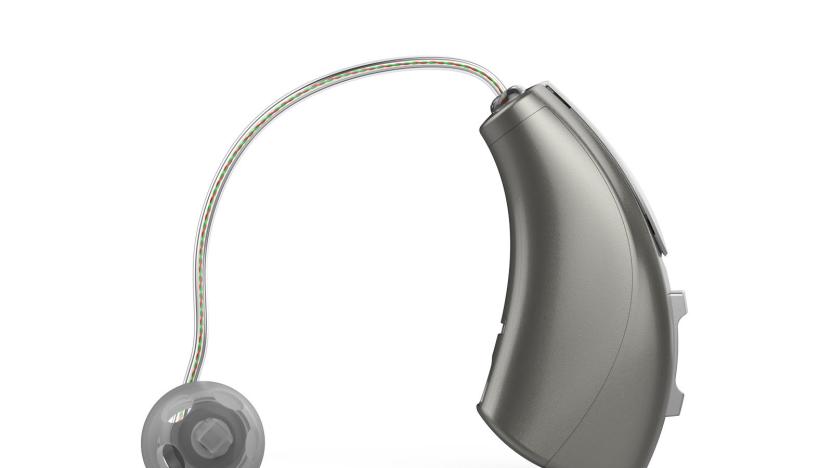
Livio AI hearing aids are now as smart as most wearables
Among the mountains of sexy technology on the market, it's fair to say that hearing aids don't feature too highly when it comes to innovation and aspirational living. But as Starkey Hearing Technologies demonstrated with its Livio AI device last year, there's a lot to be done in this field -- and now its smart hearing aid has gotten even smarter.
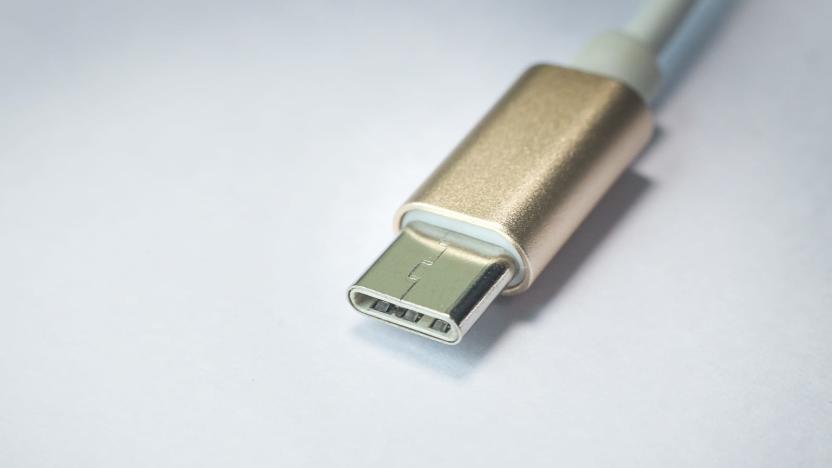
USB-C could soon offer protection against nefarious devices
USB chargers and devices are universally accessible and easy to use, but they come with a host of potential security risks, namely the spread of malware from infected devices, and data leakage should a device fall into the wrong hands. Now, the USB Implementers Forum (USB-IF) -- the big dog in the advancement of USB tech -- has launched its USB Type-C Authentication Program, which will help mitigate these issues.
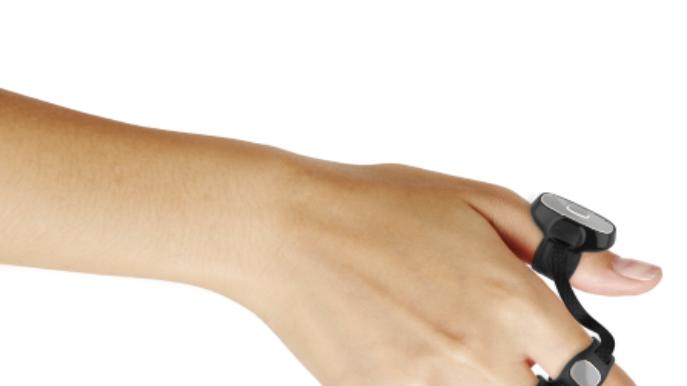
Tap's wearable keyboard makes typing in VR applications a breeze
To date, the VR experience has largely centered around games and entertainment -- doing any actual work, such as typing up a document or sending an email, has been a slow and cumbersome process due to clunky point-and-click virtual keyboards. Now, a company behind a wearable keyboard, mouse and controller has demonstrated that its kit can be used with Microsoft's virtual desktop environment, making it easier, quicker and more intuitive to get stuff down within a VR realm.
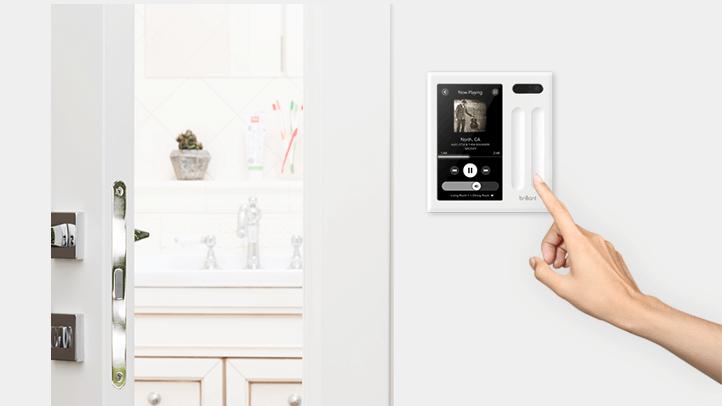
You can now buy Brilliant's light switch smart home hubs
Brilliant debuted its smart home control system at CES back in January, and now it's finally available to buy. Unlike other smart home products, Brilliant's works by plugging directly into your home's existing light switch ports, and from there controls a range of devices, including lights, music, Alexa, thermostats and video entry systems. Just connect your gear over WiFi, and use the device's touch screen or voice commands to do your thing. It also comes with Android and iOS apps for remote control, so you can manage your home when you're not in it.

Samsung's foldable smartphone teased for November reveal
Samsung's foldable smartphone has been in the works for years, but now it looks like we're finally going to get a sneak peek of the technology within the next couple of months. Speaking to CNBC at the IFA electronics show in Berlin last week, Samsung Mobile's CEO DJ Koh said it's "time to deliver" on the long-promised device, and that it could be unveiled at the Samsung Developer Conference in November. Strong emphasis on the could, though -- Samsung does have a history of bigging up its plans.
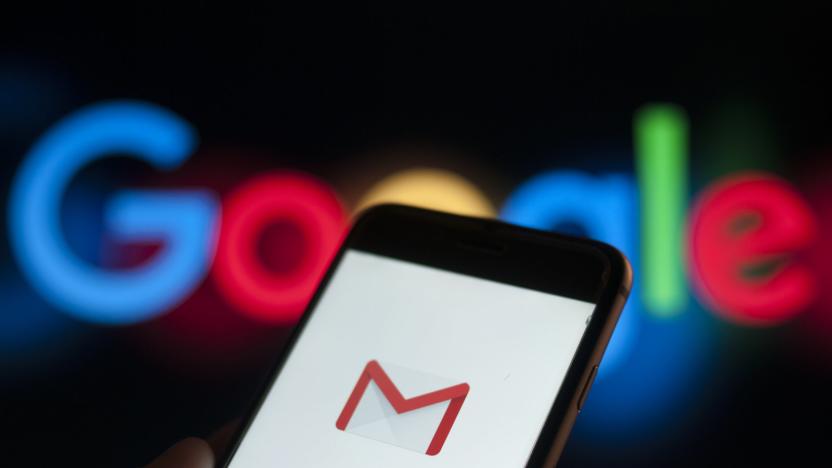
Gmail's 'Confidential Mode' arrives on mobile devices
Google's big Gmail redesign was revealed this past April (with G Suite customers getting the first look). It became default for everyone starting in July. One of the key features, Confidential Mode, is now available for mobile devices, though not everyone is as confident in its ability to keep your data private.
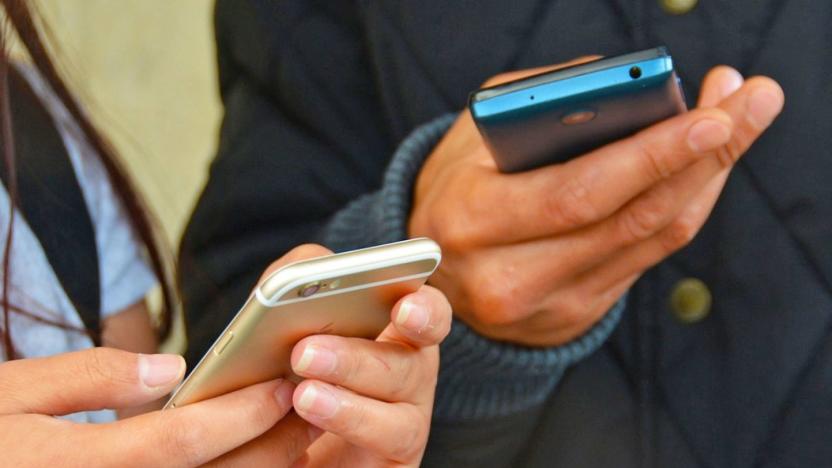
Phones sold by the four major US carriers could have a major security flaw
Customers using devices from four major cell phone carriers could unknowingly be exposing sensitive data to hackers, according to the Department of Homeland Security (DHS). Fifth Domain reports that DHS-funded researchers from mobile security firm Kryptowire have found vulnerabilities in phones used by Verizon, AT&T, T-Mobile and Sprint. The flaws are built into phones by manufacturers, and include a loophole that could exploit data, emails and text messages.
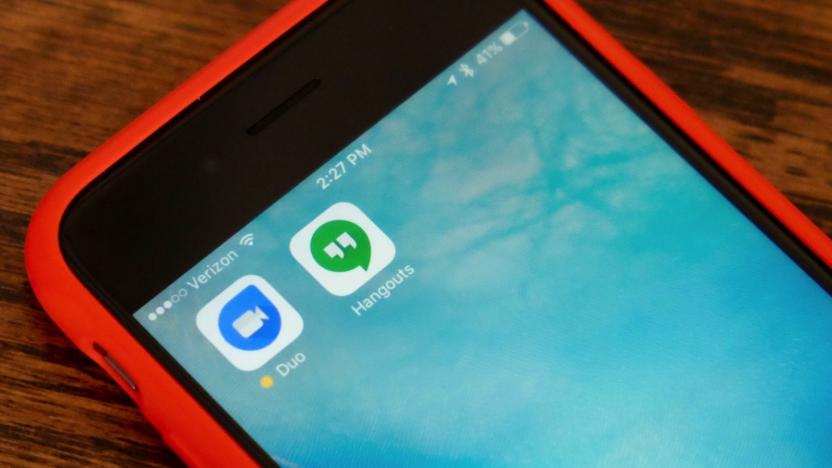
Now Google Duo can stay signed in on more than one phone
The latest build of Google Duo revealed multi-device support was on the cards, and while the feature hasn't been officially announced, it is rolling out to users now, according to 9to5Google. The function means you can simultaneously sign into the Duo video calling app on different devices, which will all alert you if someone's calling.
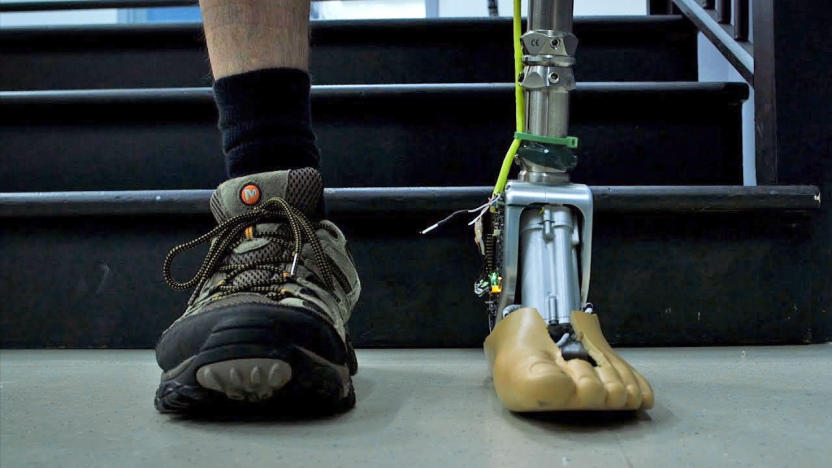
Smart prosthetic ankle can adapt to uneven ground
Prosthetic limbs have evolved considerably from the rudimentary wooden appendages of just a few decades ago. They can be bionic, brain-controlled and loaded with features -- and even mimic the sense of touch. But they're still a way off truly replicating the real thing, largely because of issues imitating the many subtle movements and sensations that come naturally to real limbs. Now, however, a new prosthetic ankle is overcoming these challenges.

IBM built a handheld counterfeit goods detector
Just a month after IBM announced it's leveraging the blockchain to guarantee the provenance of diamonds, the company has revealed new AI-based technology that aims to tackle the issue of counterfeiting -- a problem that costs $1.2 trillion globally. IBM Crypto Anchor Verifier brings together AI and optical imaging to help prove the identity and authenticity of frequently forged goods such as fine wine, diamonds and medicine, as well as analyze water quality and detect bacteria, such as E.coli. And the technology is small enough to use with a cell phone camera.


